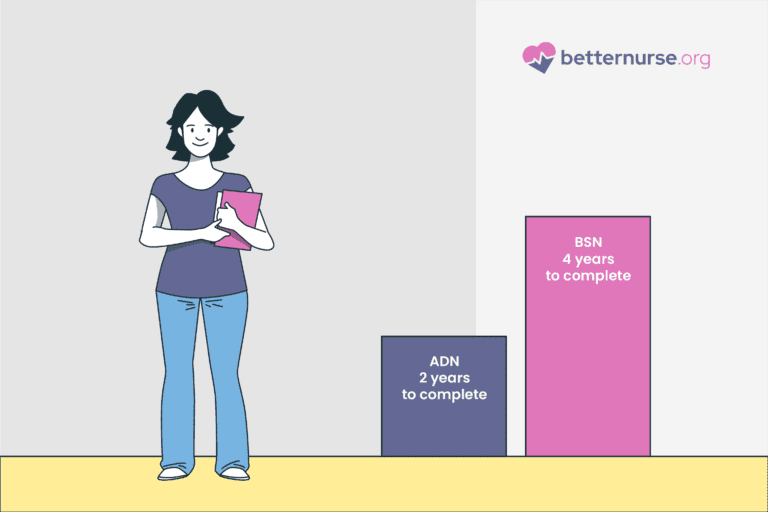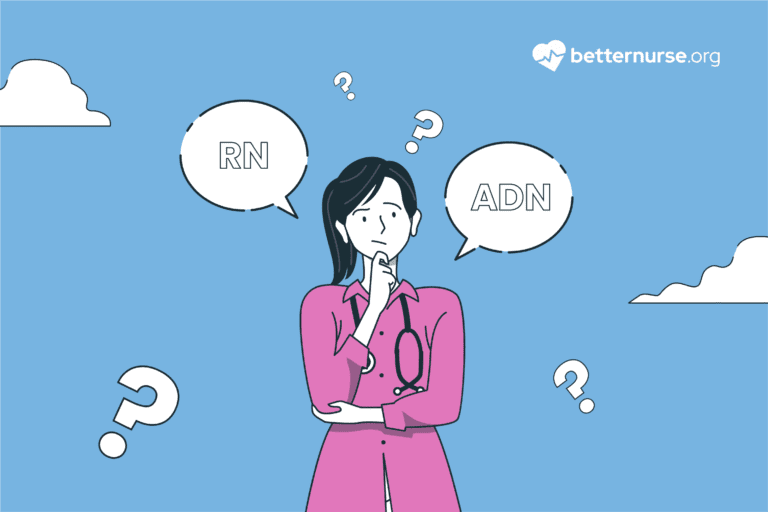
MSN Degrees Without Clinicals | 8 Options To Consider [2024]
MSN degrees without clinicals are a more flexible way to advance your nursing career. Discover all the types of non-clinical programs here.

MSN degrees without clinicals are a more flexible way to advance your nursing career. Discover all the types of non-clinical programs here.

CNA to RN bridge programs online are a way for certified nursing assistants to advance their careers. Discover the types of programs here.

A 2 year RN program online lets you earn your ADN degree with minimal in-person requirements. Discover how to choose the right program here.

A Nurse Practitioner and Physician Assistant share some similar duties, but are not the same. Learn the difference between NP and PAs here.

Earning a Bachelor’s of Science in Nursing degree can take your career to the next level. Discover how to unlock new opportunities here.

The best online MSN program is through Herzing University. Discover why and other top-rated online MSN programs here.

The best online nurse practitioner programs offer unparalleled flexibility, rigorous curriculum, and extensive support, equipping students for advanced practice in the evolving healthcare landscape. If

An accelerated nursing program is a specialized program that enables students to attain their bachelor’s or master’s degree in nursing (BSN or MSN) at a

ADN (Associate Degree in Nursing) and BSN (Bachelor of Science in Nursing) are two educational pathways for registered nurses (RNs)—ADN nursing is a two-year program,

Both registered nursing (RN) and an Associate Degree in Nursing (ADN) are education paths that equip people with the skills and knowledge needed to work
